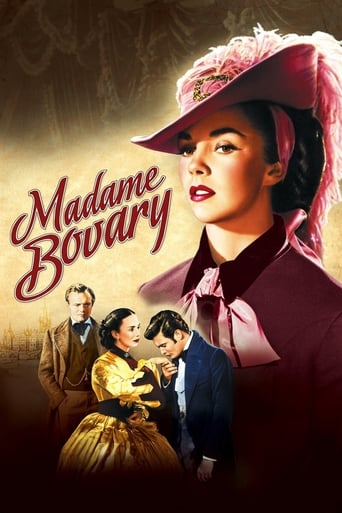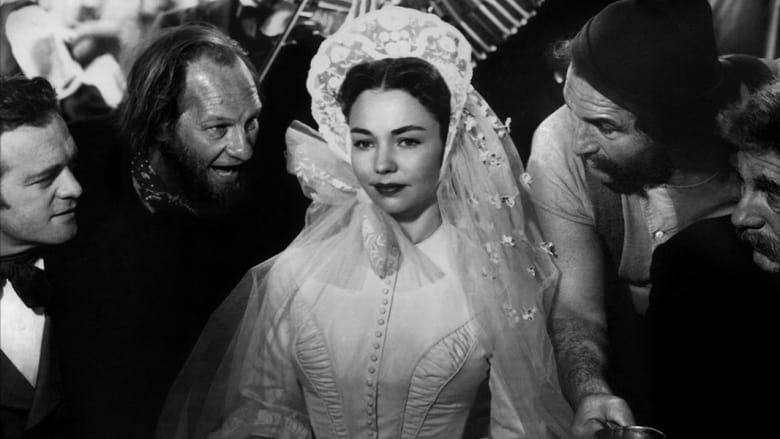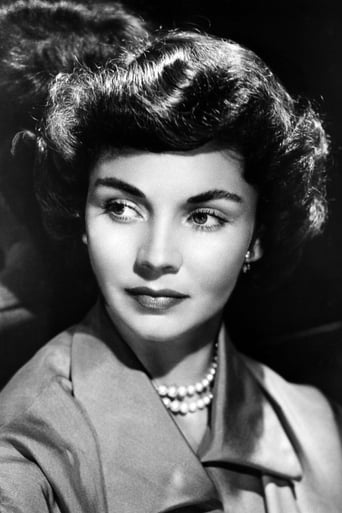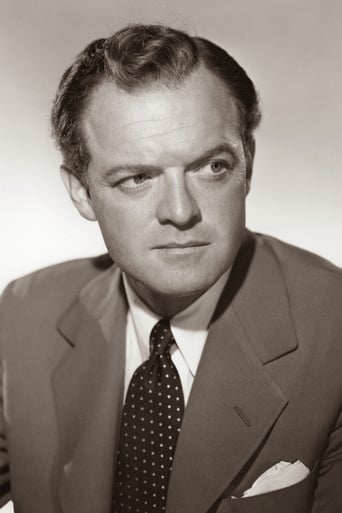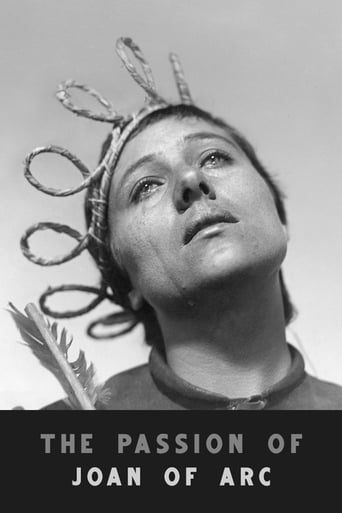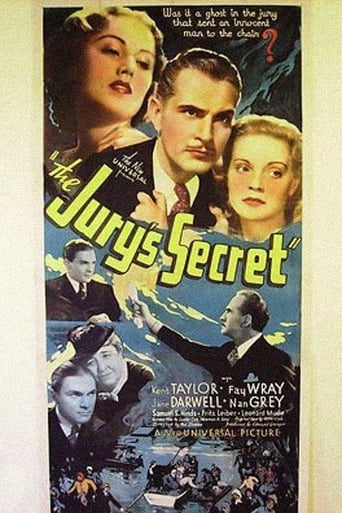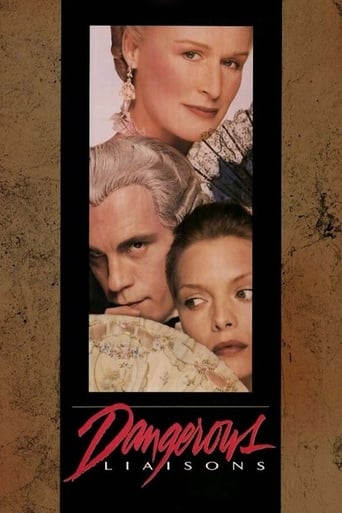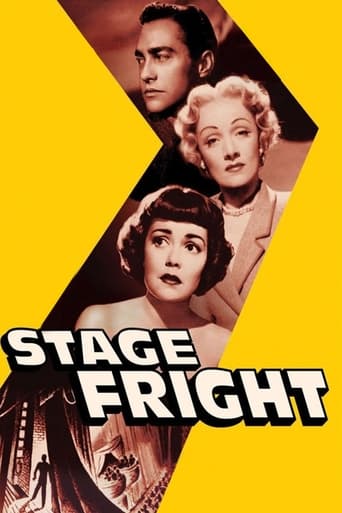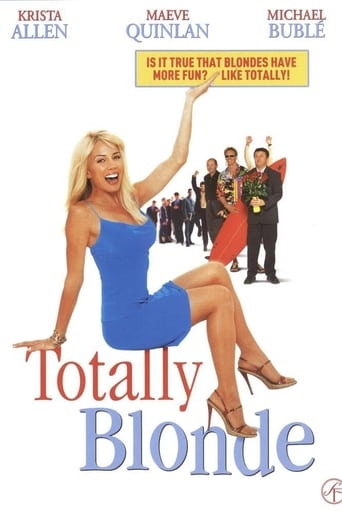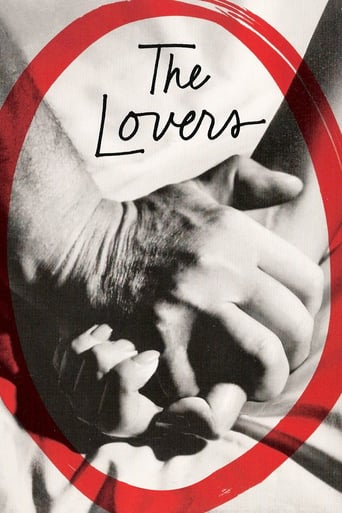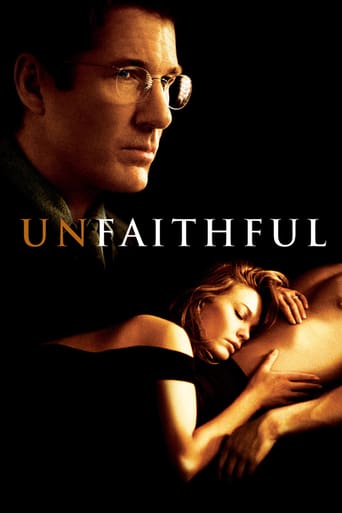Madame Bovary (1949)
After marrying small-town doctor Charles Bovary, Emma becomes tired of her limited social status and begins to have affairs, first with the young Leon Dupuis and later with the wealthy Rodolphe Boulanger. Eventually, however, her self-involved behavior catches up with her.
Watch Trailer
Cast


Similar titles
Reviews
Wonderfully offbeat film!
Surprisingly incoherent and boring
A brilliant film that helped define a genre
The first must-see film of the year.
A treatment that was actually faithful to the novel--a cynical look at social climbing in the petit bourgeois French--wouldn't make Jennifer Jones look lovely and sympathetic, and Heaven knows, the beautiful young star must have a halo. So Emma is portrayed as a hopeless romantic, understandably in love with pretty things, who tries to love her husband, actually wants a child (the novel's heroine was indifferent to children), and generally tries her best to be good, but is betrayed by her own passions. She is redeemed as she dies (beautifully, of course). Van Heflin is a much more articulate and intelligent Charles than the clunking doofus Flaubert created, and Rodolphe was thick-skinned and callous in a way that Hollywood would never permit Louis Jourdan to be. So this version would have satisfied as a forties chick flick, all costumes and heaving bosoms, but it really bears very little relation, except for a few script lines, to the harsh and brilliant novel. Such a cynical view of a woman in movies was really not possible at the time. The world is still waiting for the real cinematic Emma Bovary.
This MGM film sure sports a terrific cast--Jennifer Jones, James Mason, Van Heflin and Louis Jordan! However, no matter how good the cast and production values are, this is a film that was very, very difficult to produce in 1940s Hollywood due to the restrictions of the Production Code. This code precluded the film from fully realizing Flaubert's novel, as frank discussions of sexuality were not possible--the film never would have been cleared for public exhibition. So, the studio softened it here and there--and reduced the impact any film about this book could have had. I am sure a more modern version of the book would be quite a bit different--ad Madame Bovary's infidelities been a lot less vague.The film begins with Dr. Bovary coming to Emma's home to treat her father. The Doctor is quite taken by her and eventually marries her--making her Madame Bovary. While quite pretty, there are some serious warning signs that went unnoticed. First, Emma was a bit childish and lived in a fantasy-sort of world where she expected real life to be like a romance novel! As a result, she's ill-equipped to deal with the boredom that comes with everyday life--as she expects constant passion, excitement and variety--not knowing even the rich and powerful live that way! Second, there is a huge disparity between the head in the clouds Emma and her rather nice but bland husband. He cannot possibly live up to her ridiculously high expectations of a man--and soon she goes searching for excitement on her own. Not surprisingly, she gravitates towards affairs, though in time, these, too, are unsatisfying--even lovers cannot always create excitement and distractions. Eventually, this leads to disaster and the story ends.Not surprisingly, many story elements have been omitted--some due to the code and some due to the confines of a full-length film. For example, the Doctor's first marriage and significant periods in Emma's life are absent--though the spirit of the book is mostly intact.While not exactly intended, the film seems to be an interesting portrait of what we might now consider to be a Borderline Personality or at least a person with strong Borderline traits. The inability to cope with boredom, interpersonal shallowness, the tendency to self-sabotage and craving for excitement and addiction (in this case, sexual and spending addiction) are all important hallmarks of this disorder. Such classifications were unknown in Flaubert's time, though he clearly seems to be describing such a person in Emma Bovary.There is only one problem with such a portrait, however. Emma Bovary is in no way sympathetic--she is selfish, vain and pretty stupid. And, to make things worse, her husband is an utter fool as well, as he willfully ignores his wife's 'excesses'. As a result, it's a lovely movie to watch (it is a very glossy MGM production) but its also detached and hard to love...much like Madame Bovary herself!
In 1857 Paris, author Gustave Flaubert is on trial for immorality after publishing his scandalous book "Madame Bovary"; his defense is to tell the court and the spectators the story of a French farm lass who married a village doctor of limited talents and personality. With designs on infiltrating high society--despite the fact her husband is viewed as an obscure medic to the working classes--the woman takes lovers and spends money lavishly, selfishly grasping at popularity and acceptance. According to the film, Flaubert's writings were not considered challenging to 19th century France--only shocking and vulgar. But director Vincente Minnelli doesn't wish to get his hands dirty, and his visualization of the tale is just high-flown soap for female audiences. As Emma Bovary, Jennifer Jones runs the gamut on suffering; indeed, some of her hysterics show a talented actress at work, but her elaborate wardrobe upstages her. Jones marries Van Heflin, who warns her that he isn't a very exciting person, and soon thereafter is staring out the window, tossing off jaded, quasi-literary thoughts such as "Do you know why the clock strikes? To announce the death of another hour!" The picture would be a howler if it didn't take itself so contemptuously serious. The results are coated with a glum, gummy gloss, while James Mason (as Flaubert the Narrator) poses on the witness stand as if his portrait were being painted. ** from ****
I have to give MADAME BOVARY a mixed review.It's interesting to note that a film based on a French classic had only one Oscar nomination in a technical category--none for the direction or performances. That's probably because despite all the painstaking care that went into this version of MADAME BOVARY, it seems to make a surface connection with the viewer.JENNIFER JONES has the role of a woman even more selfish than Scarlett O'Hara--dazzled by her own romantic illusions to the point where she has lost all connection with reality. She has a faithful husband (VAN HEFLIN) whom she treats with contempt or totally ignores in favor of more interesting prospects--and almost finds one in LOUIS JOURDAN, once again playing a Frenchman who abandons his sweetheart when he realizes she will make too many demands on him.Vincente Minnelli has directed the whole affair with a rather sluggish pace, relieved occasionally by well-staged scenes such as the ballroom moment where the music of Miklos Rozsa reaches a crescendo of emotion amid whirling camera movements. It's a great moment but unfortunately most of the film's remaining scenes seem to pale by comparison with that stunning triumph of music and photography.JENNIFER JONES is unable to make her Madame Bovary appear anything more than vain and foolish and, as usual, there's something alienating about her personality--which should have suited the role but keeps her from becoming the victim she's supposed to be.The JAMES MASON courtroom prologue with the actor as Flaubert seems to be operating from a different film and doesn't blend well into the actual story. Perhaps a different approach would have worked better.Still, this is a better than average melodrama of a woman scorned who turns out to be her own worst enemy. While all the performances around her are more than adequate, none of them really stand out the way they should in an adaptation of a classic story.Fans of Jones, Jourdan or Heflin will no doubt find the film fascinating despite its flaws and the Miklos Rozsa score is worth hearing for the ballroom sequence alone.

